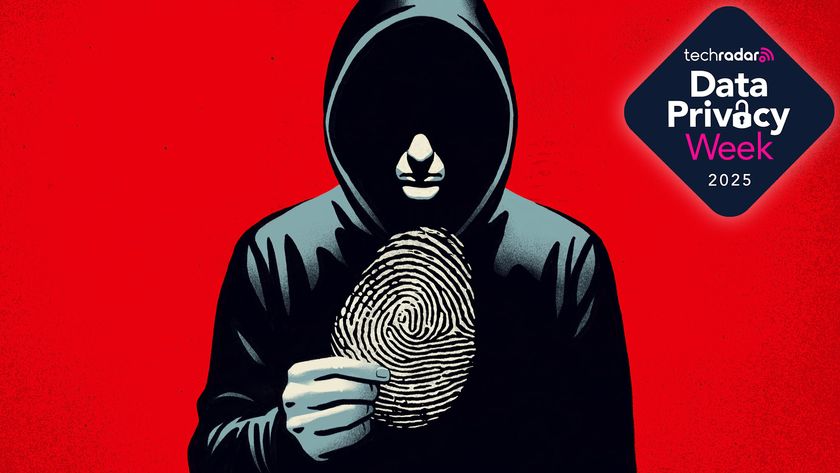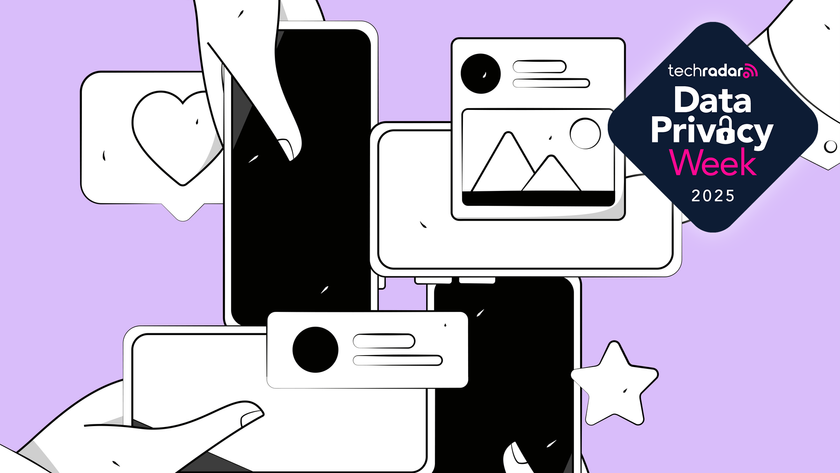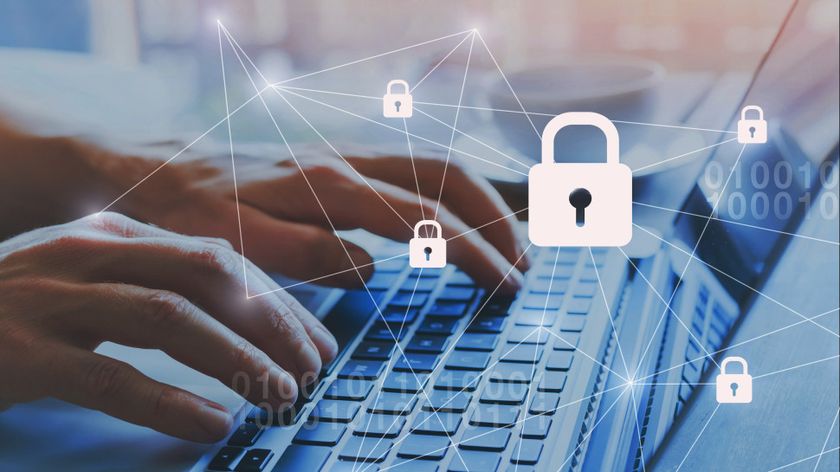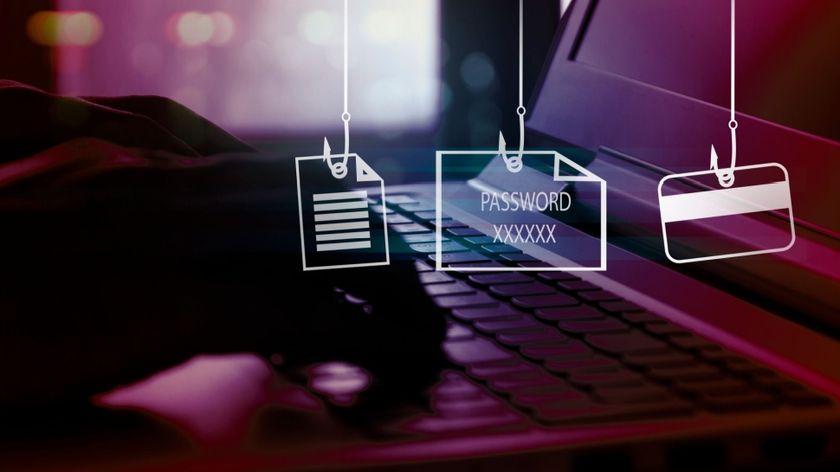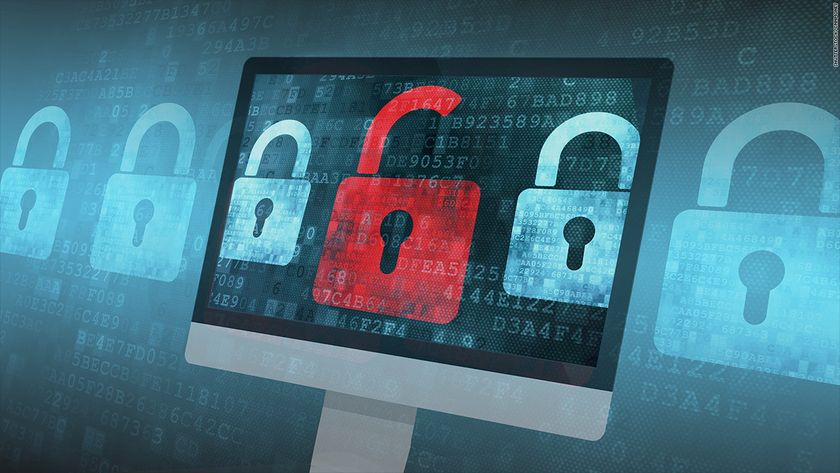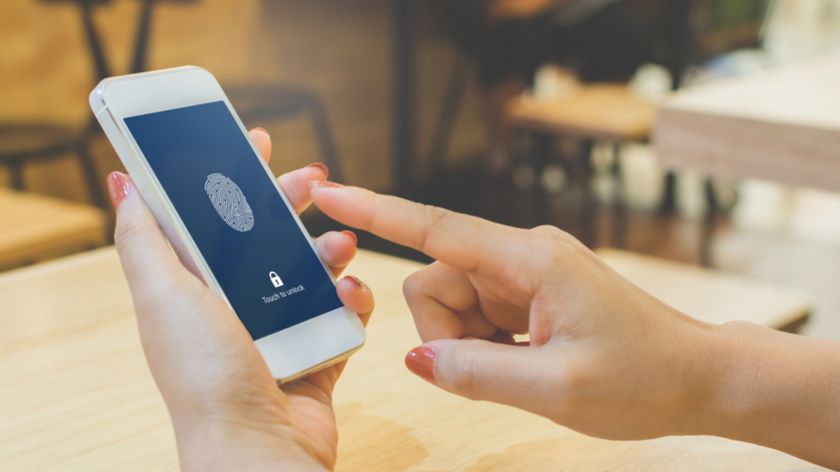Learn the top tips to prevent tax-related ID theft
Make it as hard as possible for ID thieves to get their hands on your Social Security number using this practical checklist

Identity theft is a significant problem around the globe, and with numbers rising year over year, it’s vital to take preventative measures where possible. The first step to fending off attacks and monitoring any potentially fraudulent activity is to invest in the best identity theft protection. Then, you’ll have a head start on the ID fraudsters with the right package in place.
However, things can get messy if you commit tax-related identity theft. If someone manages to steal your ID and uses your Social Security number to claim your tax refund, it can cause all sorts of issues, not least of which will be your ability to pay back taxes. A disappearing tax refund isn’t just about the money; it’s also about the hassle factor.
So, how best to fend off those ID tax fraudsters clamoring for your tax return information? Here’s a selection of practical tips to help you minimize the threat. However, even with the best advice and preventative measures, we’re all still susceptible to the risks.
A Techradar Choice for Best Identity Theft Protection Aura is an excellent choice thanks to its user friendly interface, antivirus service and detailed reporting dashboard. Save up to 50% with a special Techradar discount.
Secure your Social Security card
It is crucial to keep your Social Security card in a safe place, preferably at home, to prevent identity theft. This is particularly important when you are traveling, but even carrying it in your wallet to the local mall can make your personal information vulnerable to opportunistic thieves.
Identity theft is typically carried out by stealing an individual's Social Security number or SSN, which is used by both the IRS and state tax authorities to identify millions of Americans. If a thief gets hold of your SSN, they could file a fraudulent tax return before you, potentially getting access to your tax refund and causing major financial damage.
Conceal details
It is essential to keep your Social Security number confidential and not share it with others. If someone asks for it via email, ensure that the request is coming from a trustworthy source. You should also review your Social Security Administration statement carefully to ensure that all the information is accurate. If you notice any errors, you need to contact the IRS promptly.
Using strong passwords
You’ll also want to double down on your password security. We all have multiple password requirements, so a password manager is a good idea. Ultimately, you’ll enjoy the best selection for anything related to your accounting, taxpaying, and other personal account affairs, such as online banking.
Are you a pro? Subscribe to our newsletter
Sign up to the TechRadar Pro newsletter to get all the top news, opinion, features and guidance your business needs to succeed!
Think security
It’s easy to become complacent about security, but one wrong move could grant fraudsters and ID thieves access. No matter what computer, laptop, or mobile device you use, it’s vital to ensure you’ve got good spam and antivirus protection. Investing a little in adequate annual protection can be well spent if it helps prevent ID theft.
Clean sweep
Remember to remove or wipe the data from any old phones, laptops, or computers you plan on unloading. The same goes for USB sticks, memory cards, and storage drives. We’ve all popped information onto external media, often when we’re searching for a quick place to store something. If this includes documents relating to your personal affairs, you’ll want to ensure everything gets erased before you get rid of the hardware or pass it on to another owner.
Phishing issues
Phishing attacks are on the rise and it's common to receive fake emails posing as tax departments or financial institutions. These emails usually aim to steal sensitive information like your Social Security number, bank account details, passwords and more. If you receive an email from the IRS or a bank asking for such information, it's likely a phishing attempt. It's important to remember that the IRS will never contact you via email. Instead, they will send you a letter by mail if they need to get in touch with you.
Going digital
As modern technology has taken over, most of us have switched to digital communication, but there are still numerous situations where we have to deal with physical documents. These documents may contain sensitive personal information that should not fall into the wrong hands. Therefore, it is crucial to stay organized and dispose of such documents correctly. Investing in a good quality shredder is the best way to ensure that your confidential information remains safe. Simply crumpling up unwanted documents and throwing them in the trash is not a safe approach.
Rejecting junk
Junk mail is not just an unwanted post that clutters your mailbox. If you receive regular mail that tries to tempt you with the latest credit card deals, it's important to take steps to have yourself removed from mailing lists. Although pre-approved credit card offers may seem like a good idea, they could also be an effective way for fraudsters to obtain your personal information. To prevent this, you should take measures to get yourself off unwanted credit card solicitation databases and shred any existing ones.
Stay secure
Investing in a locked mailbox is a simple yet effective way to reduce the risk of fraud. Postal communications often contain information that, when combined, can create a detailed profile of your personal life. By preventing identity thieves from accessing your mail in the first place, you can significantly reduce the chances of them using your details for malicious purposes. So, getting a locking mailbox makes it harder for fraudsters to pick over your details. It's an easy solution that can protect you from potential harm.
Adequate measures
Unfortunately, it still happens, no matter how vigilant we are in combating ID theft. If you think you might be a victim of fraudsters or you suspect illegal activity involving using your Social Security number, you’ll need to contact the IRS. They have IRS Form 14049, the Identity Theft Affidavit, designed especially with this in mind.
More from TechRadar Pro
- Check out the Best identity theft protection
- The best tax software around today
- Take a look at the best accounting software
Rob Clymo has been a tech journalist for more years than he can actually remember, having started out in the wacky world of print magazines before discovering the power of the internet. Since he's been all-digital he has run the Innovation channel during a few years at Microsoft as well as turning out regular news, reviews, features and other content for the likes of TechRadar, TechRadar Pro, Tom's Guide, Fit&Well, Gizmodo, Shortlist, Automotive Interiors World, Automotive Testing Technology International, Future of Transportation and Electric & Hybrid Vehicle Technology International. In the rare moments he's not working he's usually out and about on one of numerous e-bikes in his collection.
